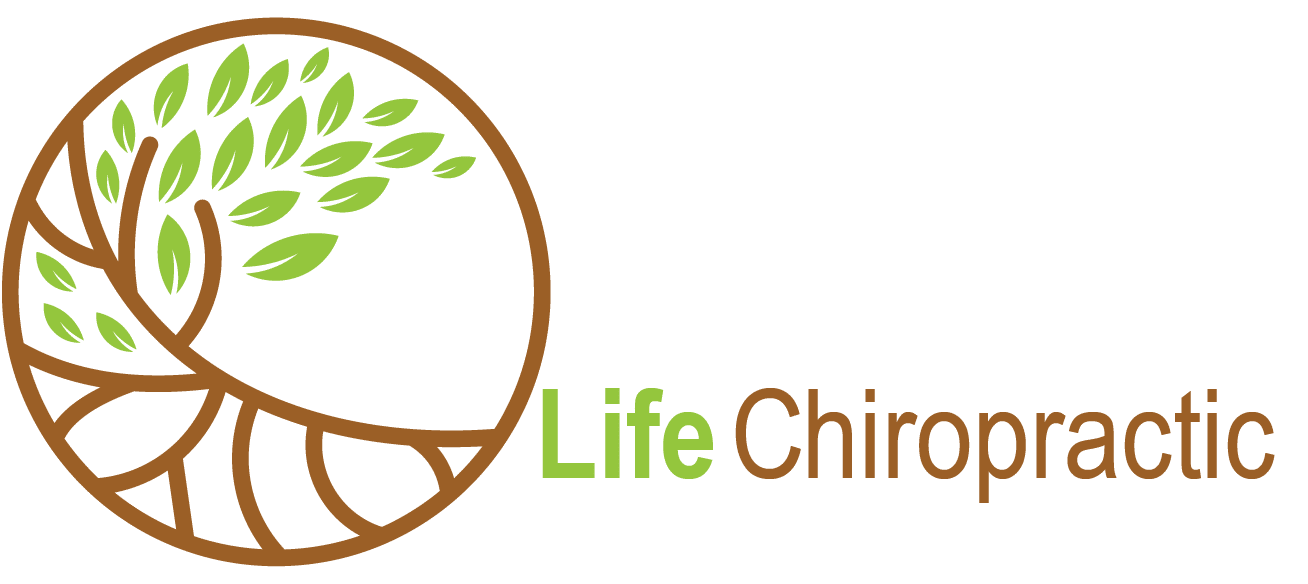Research shows that the Vagus Nerve is correlated to your ability to regulate stress and increased tone is associated with resilience as well as mitigation of anxiety. The issue of anxiety alone is huge as we are in the midst of an anxiety epidemic.
The National Institutes of Mental Health reports that almost 20% of US adults experienced an anxiety disorder in the past year. This is likely a huge underestimate given that many people do not seek medical care.
Stress is the Common Denominator
In today’s fast-paced and demanding world, stress has become a common factor in many people’s lives. From work pressures to personal challenges, stress can take a toll on our overall well-being. However, recent research has shown that stress not only affects our mental state but also has a profound impact on our physical health. One key player in this relationship is the vagus nerve, an essential component of the autonomic nervous system. Understanding the connection between stress, the vagus nerve, and health can empower us to improve our well-being and build resilience.
Autonomic Nervous System
The autonomic nervous system is responsible for regulating various bodily functions, such as heart rate, digestion, and breathing, without conscious effort. It has two main branches: the sympathetic nervous system (SNS) and the parasympathetic nervous system (PNS). While the SNS prepares our body for action in response to stress (the “fight-or-flight” response), the PNS promotes relaxation and restoration (the “rest-and-digest” response). Maintaining a balance between these two systems is crucial for overall health.
Stress Response System
When stress is present, the SNS becomes activated, preparing the body for a perceived threat. In response, the PNS, specifically the vagus nerve, becomes suppressed. The vagus nerve plays a vital role in regulating various bodily functions, including heart rate, digestion, inflammation, and immune response. It acts as a communication pathway between the brain and the rest of the body, constantly monitoring and adjusting our physiological responses.
Low Vagus Function
Research has shown that low vagus nerve function is associated with a wide range of health indices. For example, individuals with reduced vagal tone, or vagus nerve activity, are more prone to anxiety and mood disorders. Additionally, low vagal tone has been linked to increased inflammation, impaired digestion, and compromised immune function. Understanding the importance of the vagus nerve in maintaining optimal health highlights the need to prioritize its well-being.
Corrective Chiropractic Care
One effective way to support the health of the vagus nerve is through corrective chiropractic care. Chiropractors, such as Dr. Bill Berkowitz at Life Chiropractic Grass Valley, specialize in optimizing nervous system function by addressing spinal misalignments, known as subluxations, that can interfere with nerve communication. By gently adjusting the spine, chiropractors aim to restore proper alignment and remove nerve interference, allowing the nervous system, including the vagus nerve, to function optimally.
Corrective chiropractic care can help improve vagal tone and restore autonomic nervous system balance, leading to a reduction in stress levels and improved overall health. Patients who have undergone chiropractic care often report a decrease in anxiety and a greater ability to manage stress. The positive effects extend beyond mental health, as improved vagal tone has been associated with enhanced digestion, reduced inflammation, and a strengthened immune system.
Common Symptoms of Low Vagus Nerve Function
Recognizing the symptoms of low vagus nerve function can also guide individuals in seeking appropriate care. Common symptoms include digestive issues such as bloating, constipation, or acid reflux, frequent infections, difficulty managing stress, and increased anxiety or depression. If you experience any of these symptoms, consulting a chiropractor near you, such as Dr. Bill Berkowitz, can be a crucial step towards improving your vagus nerve function and overall well-being.
In conclusion, the intimate relationship between stress, the vagus nerve, and health cannot be ignored. Understanding the impact of stress on the autonomic nervous system and the crucial role of the vagus nerve can empower individuals to take proactive steps towards improving their health and resilience. Corrective chiropractic care, such as that offered by Dr. Bill Berkowitz at Life Chiropractic Grass Valley, can be a valuable tool in optimizing vagal tone and restoring autonomic nervous system balance. By prioritizing the health of our vagus nerve, we can build resilience, manage stress effectively, and enhance our overall well-being.
About Dr. Berkowitz of Life Chiropractic:
Bringing more than 3 decades of practice experience, Dr. Bill Berkowitz focuses on balancing and corrective care, applying his expertise to provide patients with predictable, repeatable and measurable results.
Dr. Bill consistently strives to enhance the well-being of his patients by addressing the root imbalances of their problems and promoting optimal balance, alignment, and function of the spine and nervous system.
Bill’s wealth of knowledge and experience has allowed him to develop a nuanced understanding of the human body and its intricate connections. With each adjustment, he supports the body in returning to a state of balance that goes beyond mere symptom relief, focusing instead on long-term correction for his patients’ well-being.
Make sure to subscribe to Dr Berkowitz’s social media pages where he regularly posts tips, insights and valuable information.
Facebook: Life Chiropractic Facebook
YouTube: Life Chiropractic YouTube
Instagram: Life Chiropractic Instagram
Blog: https://lifewithinchiropractic.com/blog/
Schedule your first visit here: Life Chiropractic
